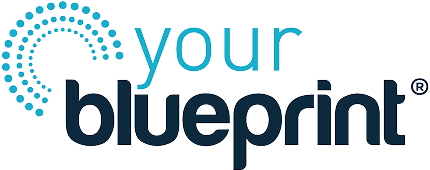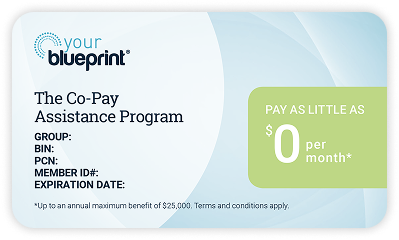Taking AYVAKIT® (avapritinib) for PDGFRA GIST
Patient Portrayal
How do I take AYVAKIT?
The recommended starting dose of AYVAKIT is 300 mg taken orally once a day in patients with GIST.
-
One 300 mg tablet
-
Taken once a day or as directed
-
On an empty stomach at least 1 hour before or at least 2 hours after a meal
Select patients for treatment with AYVAKIT based on the presence of a PDGFRA exon 18 mutation.
Additional instructions:
- Treatment should be continued until disease progression or unacceptable toxicity.
- Do not make up for a missed dose of AYVAKIT within 8 hours of the next scheduled dose.
- Do not repeat dose if vomiting occurs after AYVAKIT but continue with the next scheduled dose.
Your healthcare provider may change your dose, temporarily stop, or permanently stop treatment with AYVAKIT if you develop side effects. AYVAKIT is available in doses of 100 mg, 200 mg and 300 mg for PDGFRA exon 18 mutated GIST.
Take AYVAKIT exactly as prescribed by your doctor. Do not change your dose or stop taking AYVAKIT unless your doctor tells you to. Before taking AYVAKIT, tell your doctor about all of your medical conditions and the medicines you take.
If you miss a dose of AYVAKIT, take it as soon as you remember, unless your next scheduled dose is due within 8 hours. Then, take the next dose at your regular time. If you vomit after taking a dose of AYVAKIT, do not take an extra dose. Take your next dose at your next scheduled time.
Talk to your doctor if you have questions about your treatment.
Monitoring your condition with your doctor
Your doctor will monitor your progress on AYVAKIT to determine whether or not it is working and if additional monitoring is necessary.
Before taking AYVAKIT, tell your doctor if you have the following:
- Have a history of bulging or weakening of a blood vessel wall (aneurysm) or bleeding in your brain
- Have a history of stroke within the last year
- Have low platelet counts
- Have or have had liver problems
- Are pregnant or plan to become pregnant
AYVAKIT can cause harm to your unborn baby. For females who are able to become pregnant, your healthcare provider should do a pregnancy test before you start AYVAKIT. You should use effective birth control (contraception) during treatment with AYVAKIT and for 6 weeks after the final dose of AYVAKIT. Talk to your healthcare provider about birth control methods that may be right for you.
- Tell your healthcare provider right away if you become pregnant or think you may be pregnant during treatment with AYVAKIT.
- Tell your healthcare provider right away if you are breastfeeding or plan to breastfeed. It is not known if AYVAKIT passes into your breast milk. Do not breastfeed during treatment with AYVAKIT and for at least 2 weeks after the final dose of AYVAKIT. Talk to your healthcare provider about the best way to feed your baby during this time.
- Males with female partners who are able to become pregnant should use effective birth control (contraception) during treatment and for 6 weeks after the final dose of AYVAKIT.
-
-
Tell your healthcare provider about all the medicines you take, including prescription and over-the-counter medicines, vitamins, and herbal supplements. AYVAKIT may affect the way other medicines work, and certain other medicines may affect how AYVAKIT works. Especially tell your healthcare provider if you take estrogen-containing hormonal birth control or medicines that prevent blood clots.
Find out how AYVAKIT can help
How does AYVAKIT work?
AYVAKIT targets abnormal proteins involved in the growth of GIST that are caused by the KIT and PDGFRA mutation. AYVAKIT binds to these abnormal proteins while they are in their “on” state and prevents the growth and spread of GIST cancer cells.
Healthy Individuals
Normal Function
Cells found in the walls of digestive organs send signals to the muscles to move food and liquid through the gastrointestinal tract
PDGFRA GIST
Uncontrolled Growth
A mutation (either in the KIT or PDGFRA gene) produces abnormal proteins that cause cells to multiply uncontrollably and become cancerous
Get resources to help on your treatment journey

YourBlueprint® is a patient support program designed to assist you with personalized support right from the start of your treatment with AYVAKIT by providing:
-
One-on-one
support -
Financial assistance
options -
Helpful
resources
or call us at 1-888-258-7768
Monday–Friday, 8 AM–8 PM
Eastern Time (ET)
Co-Pay Assistance Program
You may be eligible
to pay as little as $0
for your
prescription.†
†Up to an annual maximum benefit of $25,000. Terms and conditions apply.
For those who qualify, this program covers:
- Co-pay
- Co-insurance
- Deductible expenses

Read the terms and conditions,
or call us at 1-888-BLUPRNT
(1-888-258-7768) to learn more.
